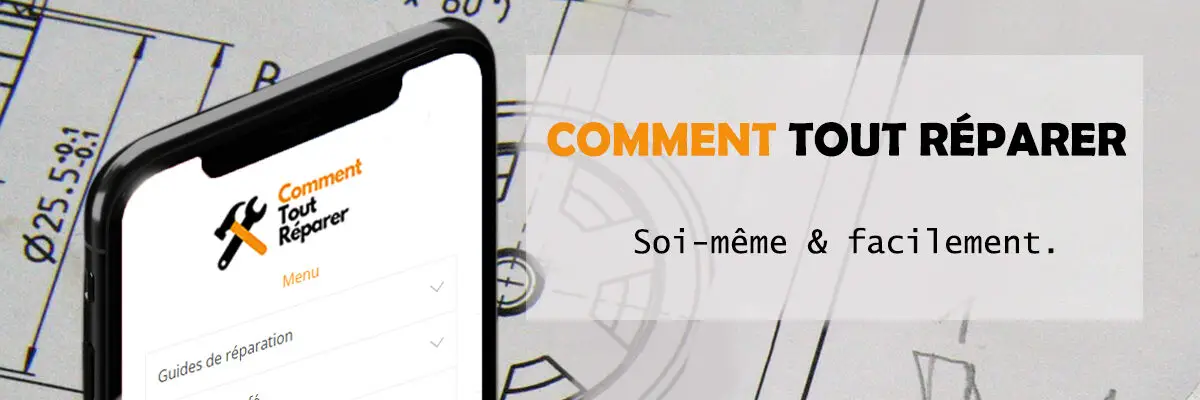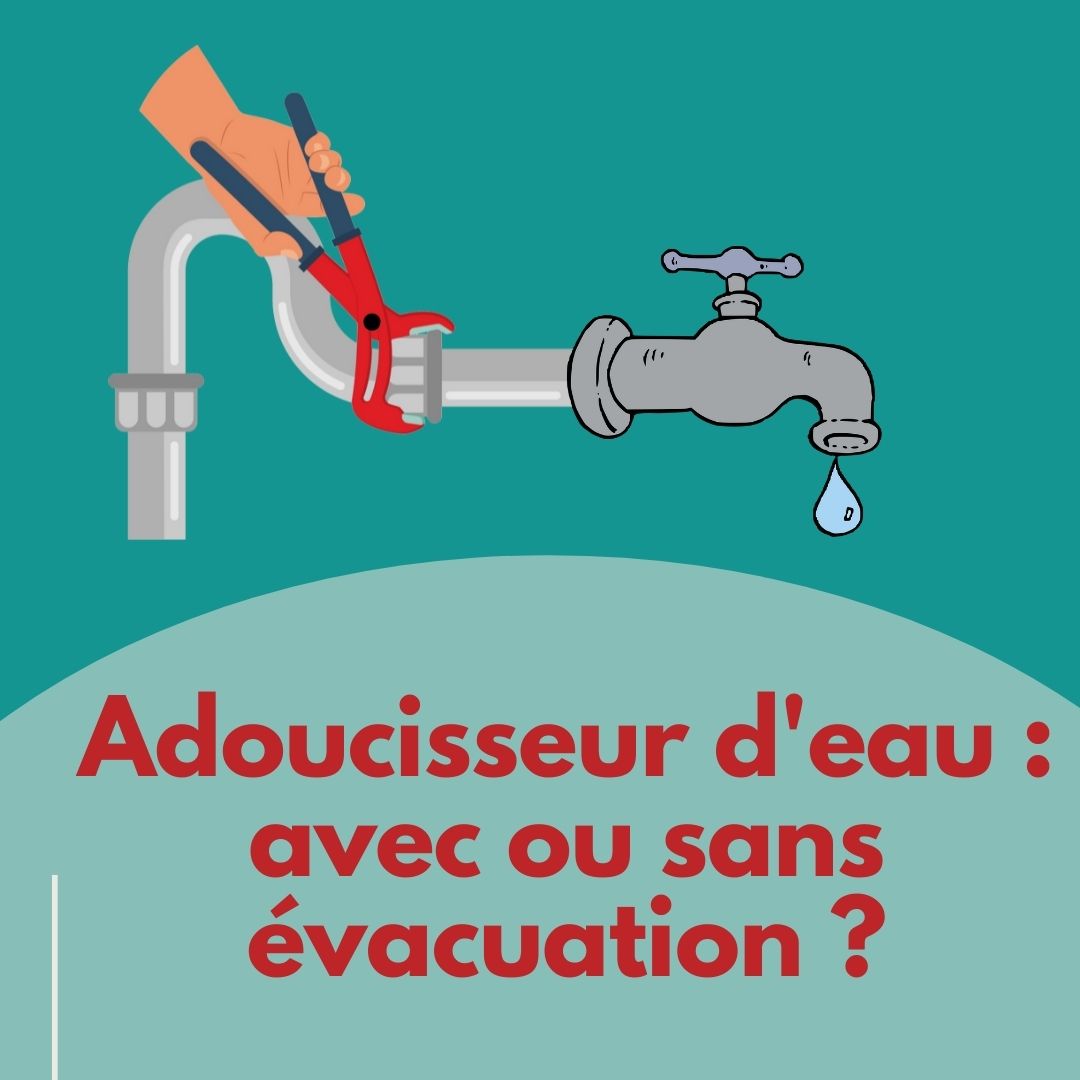Last update September 3rd, 2022
Your water is hard and you need a water softener to protect your household appliances, avoid scale build-up in sinks, showers and washbasins and enjoy its benefits? If some models require a drain, such as those working with salts, others do not (CO2 softeners, electromagnetic softeners, etc.).
Sometimes it is difficult to install a drain, not to mention the extra cost compared to a softener that does not require one. It is therefore interesting to know the alternatives to salt water softeners with drainage in order to make an informed choice. So follow the guide, here we go!
Water softeners with drains: operation, advantages and disadvantages
A draining water softener has a resin that captures calcium and magnesium ions: excess minerals are removed from the water and the water is softened. It consumes salt to regenerate the resin and then the salty rinsing water must be evacuated through a connection to the sewer.
You can find two kinds of them:
- mechanical water softeners: they work without electricity, just with pressure, the regeneration is launched automatically thanks to a volumetric meter;
- electronic water softeners: they work with electricity, the regeneration can be programmed so that it does not fall at an inconvenient time of the day. You avoid unnecessary rinsing, control your water consumption and energy bill.
Drainless water softeners: operation, advantages and disadvantages
There are several water softeners without draining. Generally, they are anti-scalants:
- They do not capture the minerals in the water and therefore do not soften it.
- They act on the structure of the limestone, which loses its encrusting aspect and remains suspended in the water before being drained.
Here is an overview:
- Anti-scale or CO2 softeners: a small quantity of CO2 gas is injected and dissolves the scale, preventing it from settling on the pipes, the only consumable is the CO2;
- anti-limescale or water softener with a zinc anode: by chemical reaction, the limestone clings to the released zinc ions and does not settle:
- anti-limescale or magnetic water softener: a magnetic field crystallizes the limescale in powder form in the water and prevents it from settling in the pipes;
- anti-scale or electronic water softener: same principle as the previous one, the magnetic field is replaced by electrical impulses;
- anti-scale or chemical water softener: polyphosphates neutralize calcium ions to prevent the precipitation of calcium carbonate and prevent deposits.
Which water softener system should I choose?
Drain and salt water softeners soften the water, remove minerals and prevent scale formation. They consume a little more water to regenerate the resin and consumables such as salt. By choosing the version without electricity, you do not increase the energy bill.
The water softeners without evacuation and salts are anti-tartness, they do not remove the minerals from the water and prevent the formation of scale and removing the incrusting power of limestone. They are simple to install and require little or no consumables.


